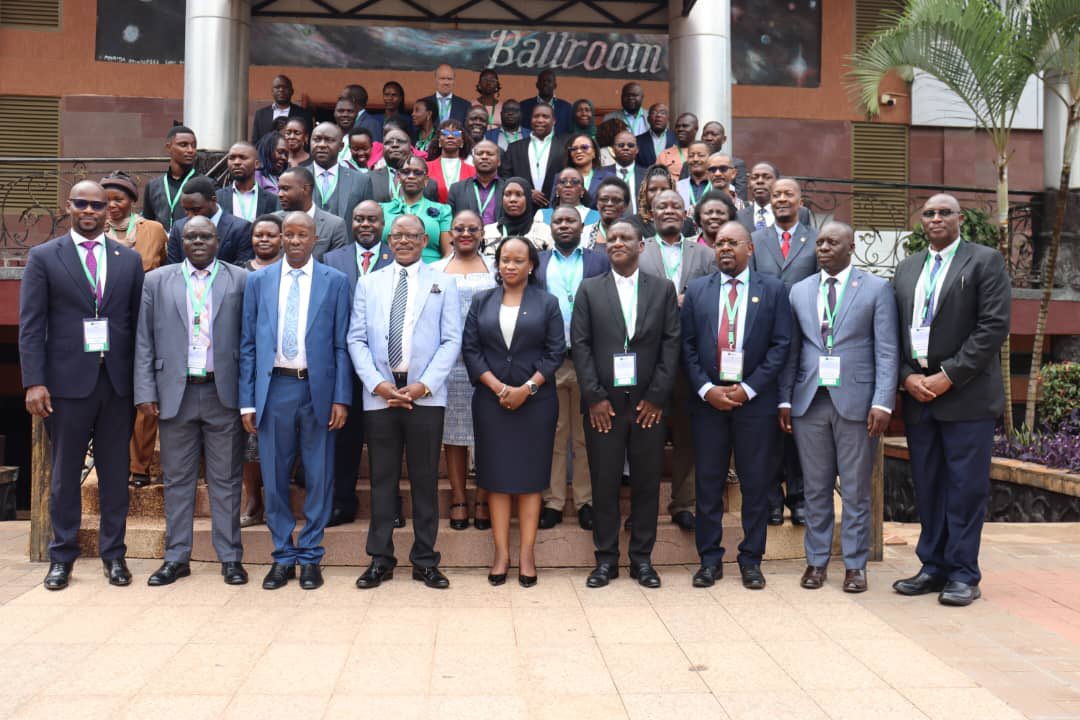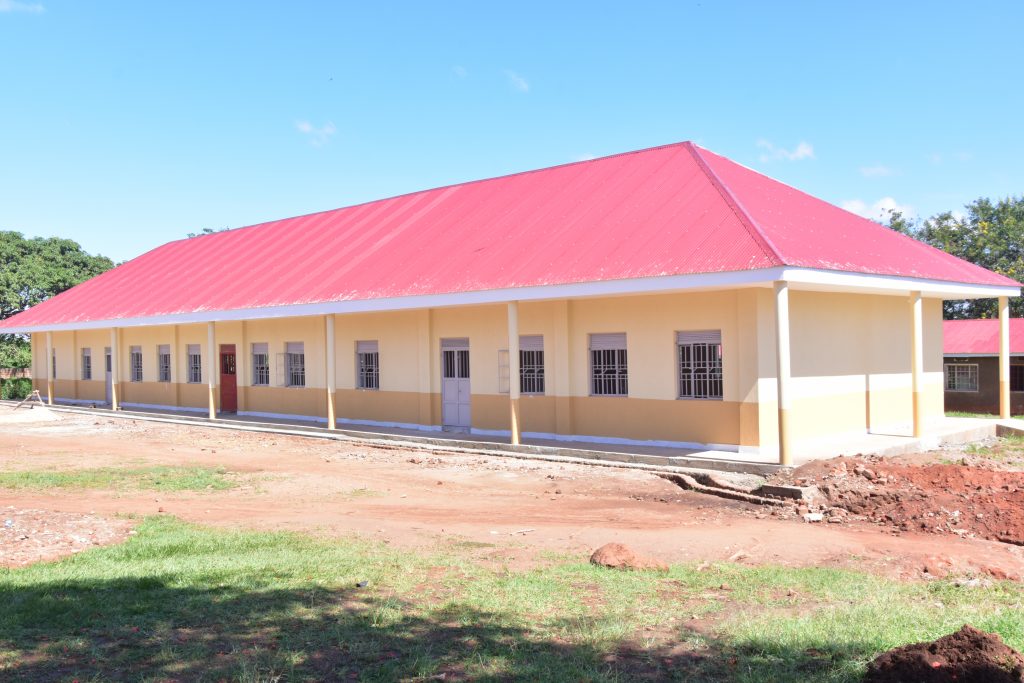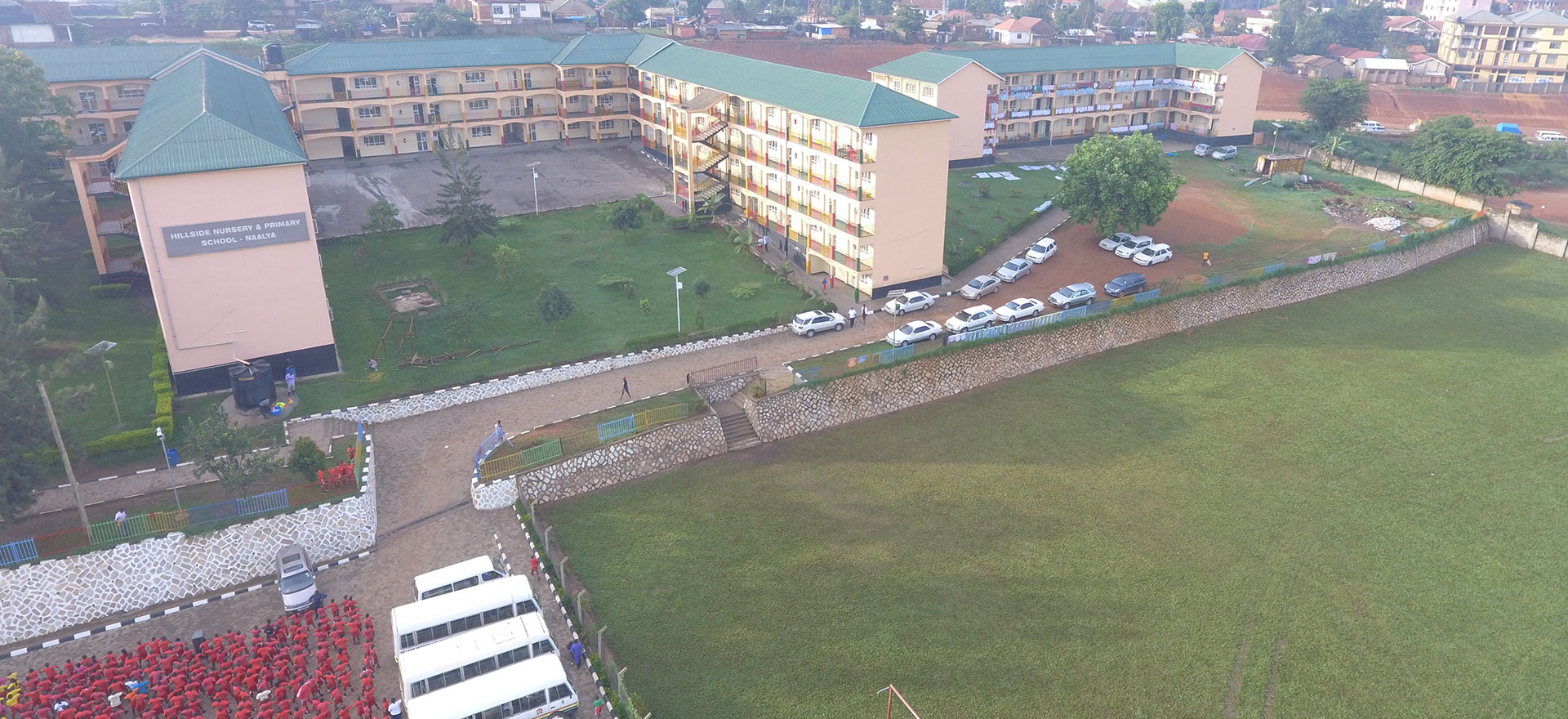Researchers and academics from all over East and Southern Africa have called for a much closer partnership between universities, industry, and local communities.
They want to see Artificial Intelligence (AI) become a bigger part of the push for sustainable development through operations research.
They made the call during the 17th International Operations Research Society of Eastern Africa (ORSEA) Conference, at Silver Springs Hotel in Bugolobi, Kampala.
It was attended by academics from Uganda, Kenya, Tanzania, Zambia, and Norway.
The big question at the conference was: how can operations research help solve the real problems people face day to day?
Prof. Barnabas Nawangwe, the Vice Chancellor of Makerere University, didn’t mince words. He said it’s time for academics to get out of their offices and actually work with farmers, businesses, and industries on the ground. He said he had seen too many local farmers and exporters fall behind, not because they’re lazy, but because their supply chains are a mess and they don’t have research support.
“Look at the exporters. You hear someone started shipping something abroad, then suddenly they’re out of business. Why? They didn’t do the research, didn’t organize their suppliers,” he said.
He kept coming back to the power of operations research to make things run smoothly and boost competitiveness.
He was convinced AI is a game-changer.
Operations research is essential. I want all researchers to work with communities and help everyone adopt AI, because that’s where the world is going. People are already using AI to make life simpler,” he said.
Prof. Moses Muhwezi, the Principal of Makerere University Business School (MUBS), talked about how the conference showed MUBS’s commitment to real-world problem-solving.
“People make decisions all the time, but if they’re not the best decisions, you won’t get the best results,” he said. He traced the field of operations research back to the British Army in World War II, when they needed serious analysis to handle tricky logistical problems.
“Any complex challenge needs operations research. It gives you the right numbers, helps you make the best call,” he said.
He also talked about how MUBS is focused on research that serves the community, not just academics.
“Universities are here to help the country. There is always a theory behind what you see happening. We are bringing in stakeholders so our research actually matches what people need,” Muhwezi said.
He said MUBS is also growing its entrepreneurship and skills programmes, with a special centre training women and young people in digital skills, plus courses in business Kiswahili, French, Chinese, and other professional fields.
“We’re turning our knowledge into something people can actually use,” he said.
Prof. Trywell Kalusopa from the University of Zambia said African universities need to come together behind a shared development vision.
“We’re broadening what operations research can do, thinking about the Pan-African dream, joining up east, south, north, and west,” he said.
He talked about how his university and its partners are gearing their work toward the African Union’s Agenda 2063—focusing on fighting poverty, improving education, and pushing sustainable development.
Kalusopa said this conference could come at a better time, with African universities rethinking how they work together to drive trade and technology.
“Trade is at the center now. Removing tariffs, making borders work better—that’s how we move forward. And emerging tech like AI is absolutely central to this,” he said.







